
Scrum is a popular agile framework used in software development. The Scrum Master is responsible for facilitating the Scrum process and ensuring that the team follows the framework. Scrum Masters are gaining importance in various professional fields, and training in Scrum and Agile methodologies can offer several benefits such as improved work quality, transparency, and stakeholder engagement.
We have some of the finest trainers from all around the globe. See what some of our students have to say!
A list of 10 books has been compiled for those seeking expertise in Scrum Certification, specifically the Certified Scrum Master (CSM) certification. Check out our CSM certification course now if you’re a professional looking to become a ScrumMaster!
- “Scrum: The Art of Doing Twice the Work in Half the Time” by Jeff Sutherland
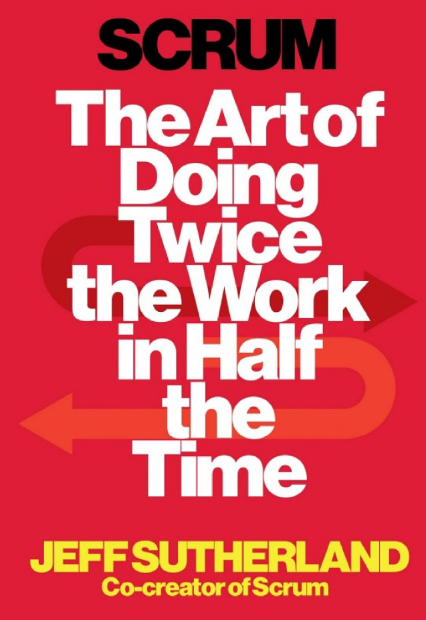
Written by one of the creators of Scrum, this book provides a comprehensive introduction to the Scrum framework. It covers the history and philosophy behind Scrum and provides practical advice on how to implement it in your organization. This book is a must-read for anyone preparing for the Scrum Master certification exam.
2. “Scrum Mastery: From Good to Great Servant-Leadership” by Geoff Watts
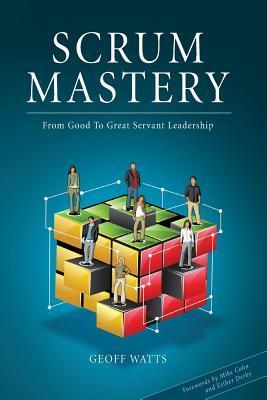
This book provides guidance on how to be an effective Scrum Master. It covers topics such as team dynamics, facilitation techniques, and stakeholder management. It also provides practical advice on how to apply the Scrum framework in a variety of different environments.
3. “Scrum: A Breathtakingly Brief and Agile Introduction” book by Chris Sims and Hillary Louise Johnson
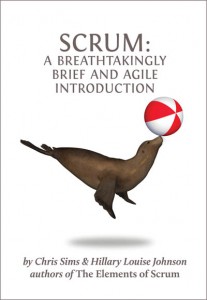
This book offers a concise overview of the roles, responsibilities, concepts, and sprint cycle associated with Scrum. Its pocket-size format presents key facts, definitions, and concepts in a ready-to-use format, providing precise and brief information on any Scrum-related term. While not suitable as a standalone training or study material, it serves as an excellent reference guide for those preparing for the CSM (Certified Scrum Master) certification.
4. “The Scrum Field Guide: Practical Advice for Your First Year” by Mitch Lacey
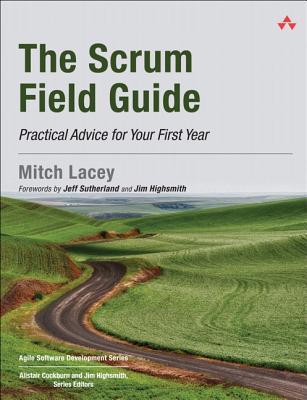
This book provides practical advice on how to implement Scrum in the real world. It covers topics such as team building, product backlog management, and sprint planning. It also includes case studies and examples from real-world Scrum projects.
5. “Essential Scrum: A Practical Guide to the Most Popular Agile Process” by Kenneth S. Rubin
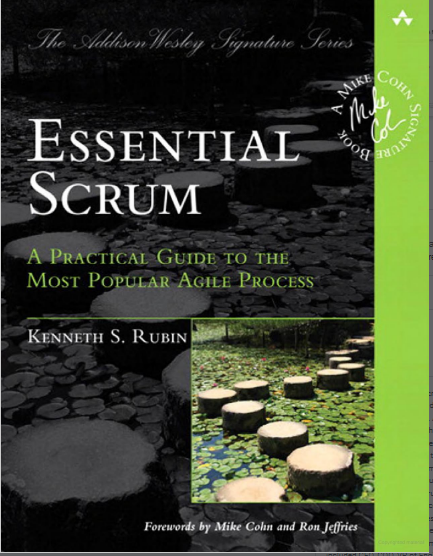
This book provides a comprehensive guide to the Scrum framework, which is one of the most widely used Agile software development processes. The book covers the key concepts and principles of Scrum, including its roles, events, artifacts, and the underlying values and principles that inform the process. It also provides practical advice on how to apply Scrum in different contexts, such as large-scale projects or distributed teams.
6. “Scrum – A Pocket Guide” is a book written by Gunther Verheyen
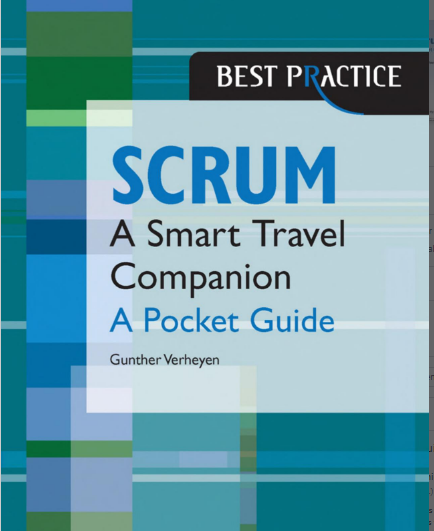
This book provides a concise introduction to the Scrum framework. It explains the different aspects of Scrum, such as how it helps teams to work collaboratively, prioritize work, and deliver value iteratively and incrementally. The book is aimed at anyone who wants to understand Scrum, from team members to managers, and provides a practical and straightforward guide to implementing Scrum in an organization. Ultimately, a useful resource for anyone who wants to learn about Scrum or needs a quick reference guide to the key concepts and principles of the framework.
7. Mastering Professional Scrum: A Practitioner’s Guide to Overcoming Challenges and Maximizing the Benefits of Agility written by two experienced Scrum practitioners, Stephanie Ockerman and Simon Reindl
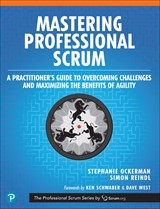
The book covers a wide range of topics related to Scrum, including the role of the Scrum Master, the Scrum events, the importance of transparency, the value of continuous improvement, and the use of metrics and tools to measure progress. The authors use real-world examples and case studies to illustrate the benefits and challenges of using Scrum, and offer practical advice and tips to help practitioners overcome these challenges and maximize the benefits of the framework. The authors also provide guidance on how to overcome common challenges that organizations face when adopting Scrum, such as resistance to change, lack of understanding of the framework, and difficulty in scaling Scrum.
8. “Certified Scrum Master (CSM) 83 Success Secrets” by Janice Garrison
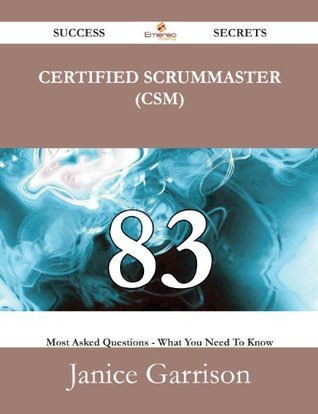
This book provides a comprehensive guide for individuals who are interested in becoming a Certified Scrum Master (CSM). The book is designed to help aspiring CSMs prepare for the certification exam by providing tips, strategies, and insights on how to succeed in the process. The book covers various topics related to Scrum and the CSM certification, such as the framework, the Scrum Master’s role, Scrum events, and continuous improvement. It also provides advice on how to approach the exam, including effective study tips, strategies for answering questions, and managing anxiety. The author uses real-world examples to illustrate concepts and provide practical guidance.
9. “Scrum, Mega Pack” by Paul Vii
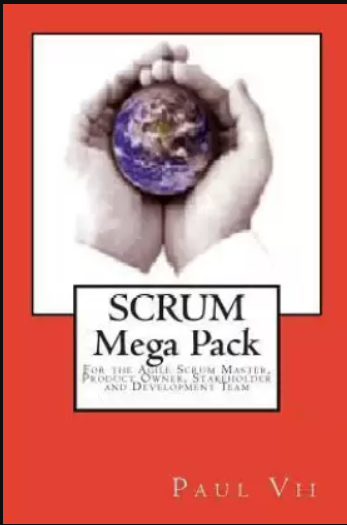
This book is written in a concise and easy-to-read format, with each chapter focusing on a specific aspect of Scrum. a comprehensive guide for Scrum practitioners, covering various aspects of the Scrum framework, and providing practical tips and techniques for Scrum Masters, Product Owners, and Scrum teams to effectively implement and use the framework.
10. Guide to Scrum Methodology
“Guide to Scrum Methodology” is an ebook that provides a comprehensive introduction to the Scrum methodology. The book is designed for individuals and organizations who are new to Scrum and want to understand the basics of the methodology. In addition to the basics of Scrum, the book also covers more advanced topics, such as scaling Scrum, Scrum in distributed teams, and the use of Scrum in non-software development contexts.
In conclusion, preparing for the Certified Scrum Master exam solely through self-study may not be the most effective approach. While the books listed above offer a comprehensive overview of Scrum and its fundamental principles, they are intended to supplement a complete CSM certification training.
Take the first step towards your CSM certification and enroll in Skillbook Academy‘s online training program today!









